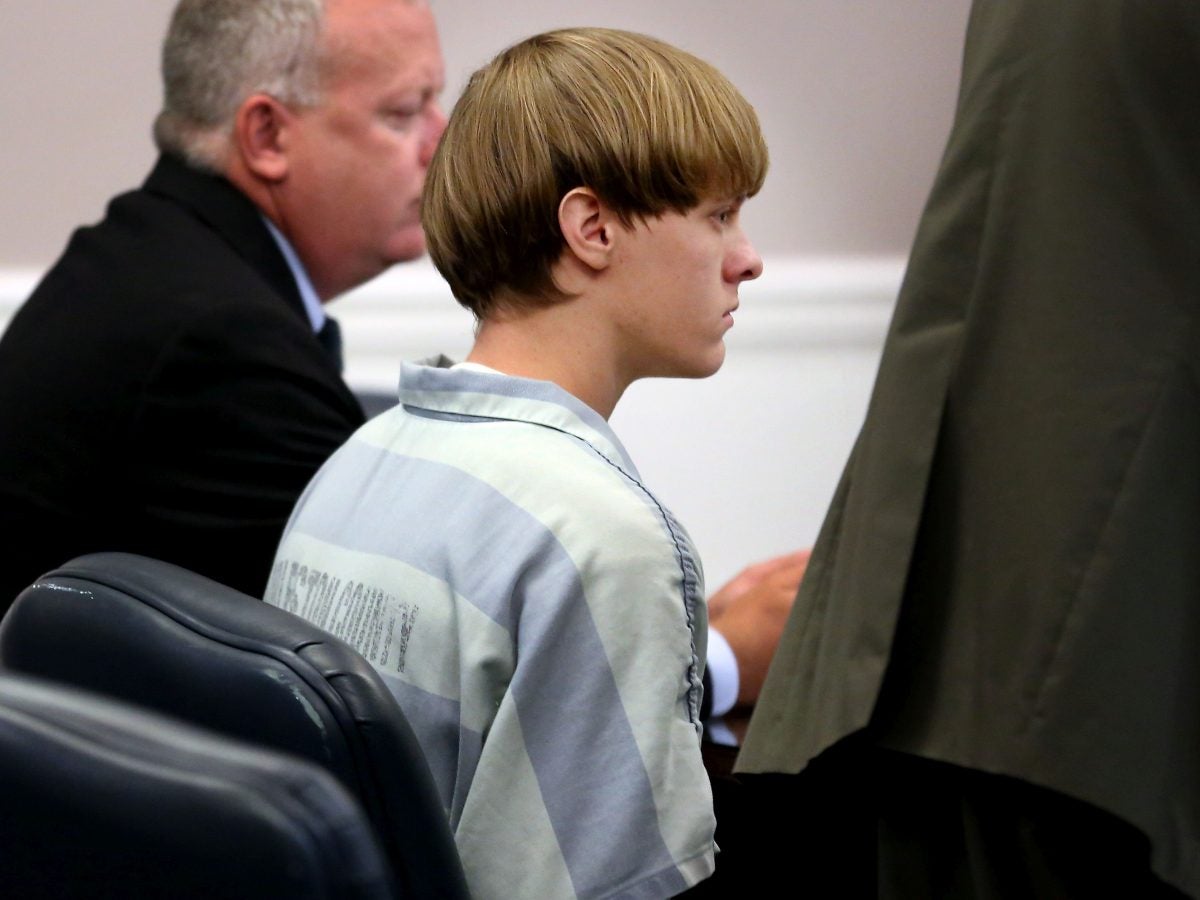
Earlier this month, Dylann Roof filed a request for a new appellate hearing, arguing that the judges’ decision interpreted too broadly the Commerce Clause of the U.S. Constitution.
Attorneys for the federal government have opposed his request, retorting that the South Carolina man was properly convicted and sentenced for the 2015 murder of nine members of a Black congregation.
In court documents filed last Thursday, Sept. 23, federal prosecutors stated that the 4th U.S. Circuit Court of Appeals correctly ruled last month that the government had proved its case against Roof, despite his protestations on several points.
“The Court’s rulings were correct, and there is no reason to revisit them,” federal prosecutors wrote.
Roof, who opened fire during the closing prayer of a bible study at Mother Emanuel AME Church in Charleston, appealed via his attorneys that he was wrongly allowed to represent himself during sentencing, a critical phase of his trial. “Under the delusion,” his attorneys wrote, that “he would be rescued from prison by white nationalists,” Roof successfully prevented jurors from hearing evidence about his mental health.
WATCH: ESSENCE Reports: The Charleston 9 Shooting
The 4th Circuit panel’s trial judge initially stated that Roof was found competent, unanimously upholding his conviction in August, and issued a scathing rebuke of Roof’s crimes.
“No cold record or careful parsing of statutes and precedent can capture the full horror of what Roof did,” the judges wrote. “His crimes qualify him for the harshest penalty that a just society can impose.”
Should the courts fathom to grant Roof a full hearing, they would be overlooking that Roof used the internet to post his racist views and research Mother Emanuel as his target to do so. The 4th Circuit judges, who cover South Carolina, all recused themselves. The judges who heard Roof’s arguments in May and issued August’s ruling were from several other appellate circuits.
Roof also asked for U.S. Supreme Court Chief Justice John Roberts to designate a panel to consider the rehearing petition, but there is no update on whether such a panel happening.
If his direct appeal doesn’t go through, Roof has a few other options to escape the death penalty. Namely, a 2255 appeal, which is a request that the trial court reviews the constitutionality of his conviction and sentence.
He could also petition the U.S. Supreme Court or seek a presidential pardon, choices that many hope get turned down.